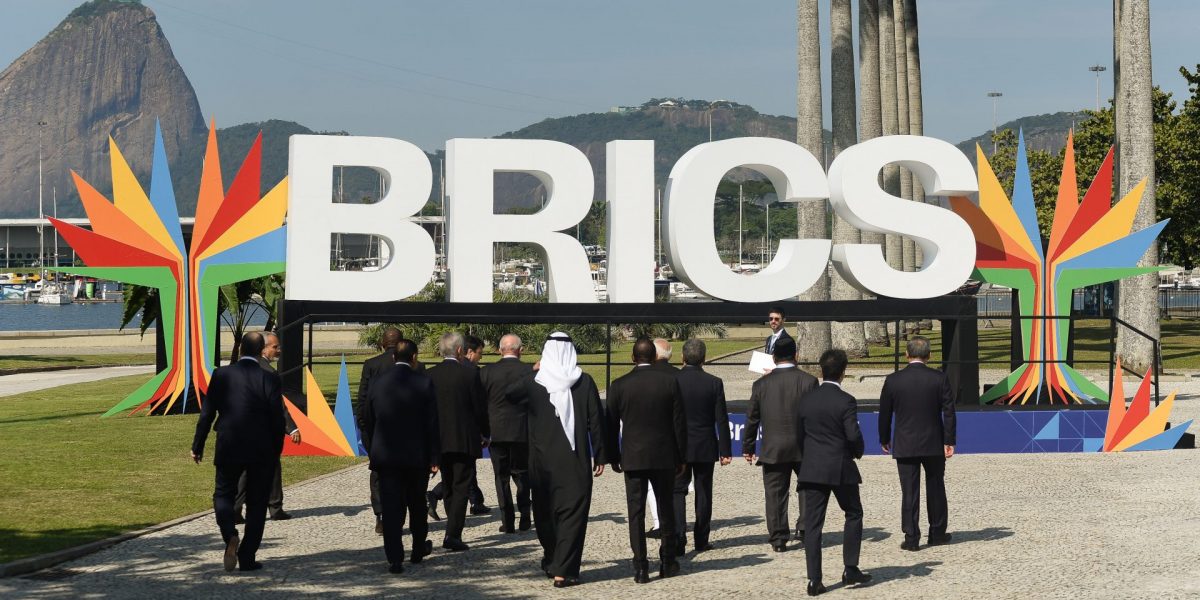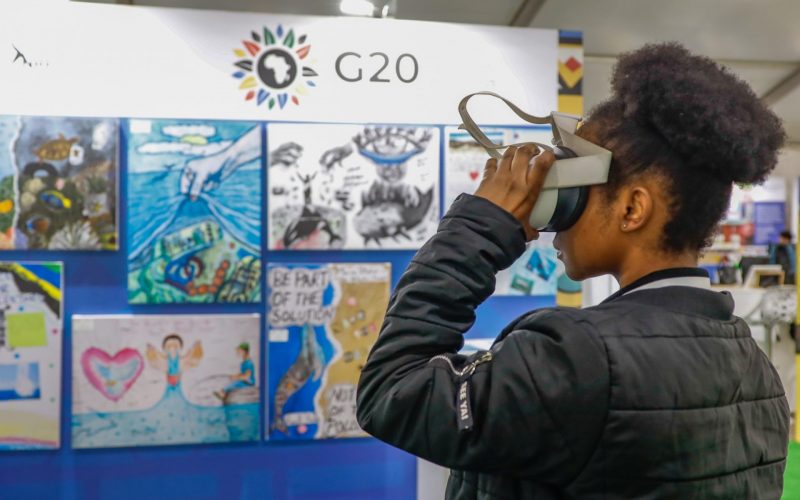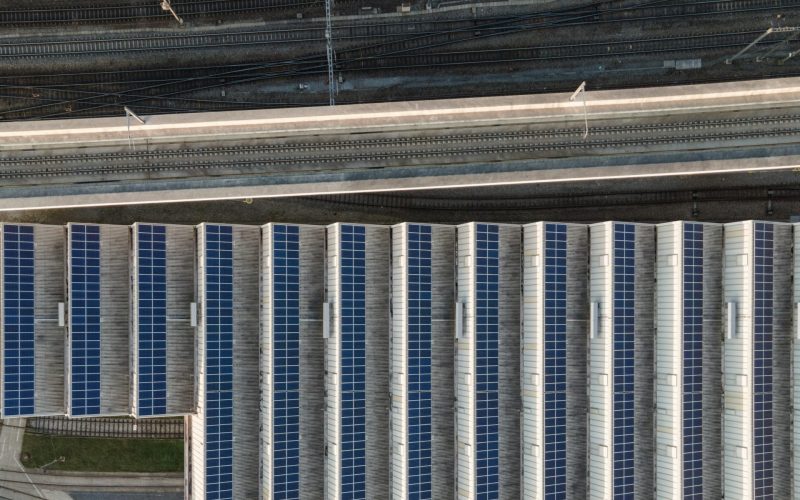The contrast could not be starker – the leaders of the world’s two largest economies have placed their bets and the cards are on the table for all to see. At the UN General Assembly last week, President Donald Trump called climate change ‘the greatest con job ever perpetrated on the world’ and warned countries that they were headed for failure if they ‘don’t get away from this green scam’.
Chinese President Xi Jinping’s response came the following day at the UN Secretary-General’s Special High-Level Event on Climate Action, where he called on the international community to stay the course on climate action, ‘focused on the right direction… unwavering in confidence, unremitting in actions and unrelenting in intensity’. One can imagine a bemused response by China to Trump’s warnings of national failure for those countries taken in by a so-called green scam – this year China will sell over 12 million electric vehicles, quadrupling sales since 2021. BYD, China’s largest e-vehicle company, employs almost 1 million people. More than half the world’s installed solar capacity is in China. In a major milestone, China’s emissions fell for the first time in the 12 months to May 2025, despite continued growth in energy demand.
This momentum has given China the confidence to announce more ambitious climate goals in its revised climate plans (Nationally Determined Contributions) under the Paris Agreement. It has committed to reduce greenhouse gas emissions by 7–10% from peak levels, increase the share of non-fossil fuels to over 30% of the total and expand installed wind and solar capacity to over six times its 2020 levels by 2035. Some have expressed disappointment at China’s newly released climate goals, claiming that it can and should be more ambitious. In the face of the US’s disparagement of both the challenges and opportunities represented by climate change, however, China’s efforts send a clear message.
BRICS step forward
Brazil is in the midst of a frenetic diplomatic period, having moved from its 2024 G20 presidency straight into its BRICS presidency in 2026 and the hosting of the all-important COP30 in November this year. At the UN General Assembly, President Lula Da Silva has called for COP30 to be ‘the COP of truth’, highlighting that developing countries must grapple with climate change as they face a variety of other daunting challenges. South Africa’s President Cyril Ramaphosa spoke of climate change as an existential threat that is reversing economic growth and development gains for many countries, especially in the Global South. South Africa has worked closely with Brazil this year under its own G20 presidency, keenly aware of the need to build on Brazil’s G20 legacy, help provide a smooth runway on climate diplomacy into COP30 and make its own mark on the G20 under its theme of ‘Solidarity, Equality, and Sustainability’.
There has been much speculation around the US’s approach to its upcoming G20 presidency in 2026, but if there was any doubt, Trump’s remarks at the UN General Assembly made it clear that climate change will be excised from the agenda of its G20 presidency. With US intransigence also likely to limit climate action under France’s G7 presidency in 2026, the focus shifts to the potential of BRICS to advance climate multilateralism under India’s 2026 presidency. The 50% tariffs imposed by the US on India last month have placed US–India relations under severe strain. Shortly after the imposition of the tariffs, Indian Prime Minister Narendra Modi visited China for the first time in seven years, occasioned by the summit of the Shanghai Cooperation Organisation.
While there is no doubt that, in many areas, including green technology, India and China are strategic competitors, Modi’s visit to China emphasised partnership and mutual respect. Indian Foreign Minister Subrahmanyam Jaishankar’s speech at the UN General Assembly this past weekend was closely watched for signs of shifting strategic alignment – would contentious issues such as climate change be omitted to appease the US? Not at all. Jaishankar’s hard-hitting speech lamented the slow pace of UN reform, the impact of international instability on the Global South and the limited progress on climate action, which he said had become marked by ‘recirculated commitments and creative accounting’. He pointedly asked what hope there could be for climate justice when climate action itself was being questioned.
Adaptive governance for uncertain energy and climate futures
The expansion of the BRICS bloc, alongside prevailing tensions between China and the US, is likely to elevate the bloc’s continued role in advocating for the reform of multilateral institutions and advancing progress on global challenges such as climate change. If BRICS countries can successfully navigate the transition to clean energy, this policy pathway may set a precedent for other emerging economies. This is especially true given the complex geopolitical, societal and trade-related challenges of realising just energy transitions in these countries. In this context, the South African Institute of International Affairs has engaged with sister think tanks and other stakeholders across the BRICS bloc to develop a deeper understanding of these unfolding dynamics with the aim of supporting a more coordinated and ambitious approach to BRICS climate action.
Transition pathways were studied by applying foresight tools in Policy Innovation Labs to co-create intervention strategies aimed at advancing just energy transitions across BRICS countries, also considering the role of BRICS in relation to the broader Global South as well as multilateral institutions such as the UNFCCC. The research has identified a series of policy recommendations to ensure a holistic, inclusive and future-oriented approach grounded in the realities of BRICS member countries. Achieving a truly fair and sustainable energy transition will require BRICS countries to enhance cooperation within the bloc and to design and promote their own context-specific transition models. This will require reforming international governance frameworks as well as the existing international financial architecture to enable a just energy transition in these countries. Real change will not come from simply switching energy technologies – it requires deeper, systemic shifts in the way governments work, how funds are mobilised and allocated, and how people are included in decisions.
Look out for SAIIA’s forthcoming report Strategic Dimensions of BRICS Climate Action and Energy Transition: A Systems Perspective.









